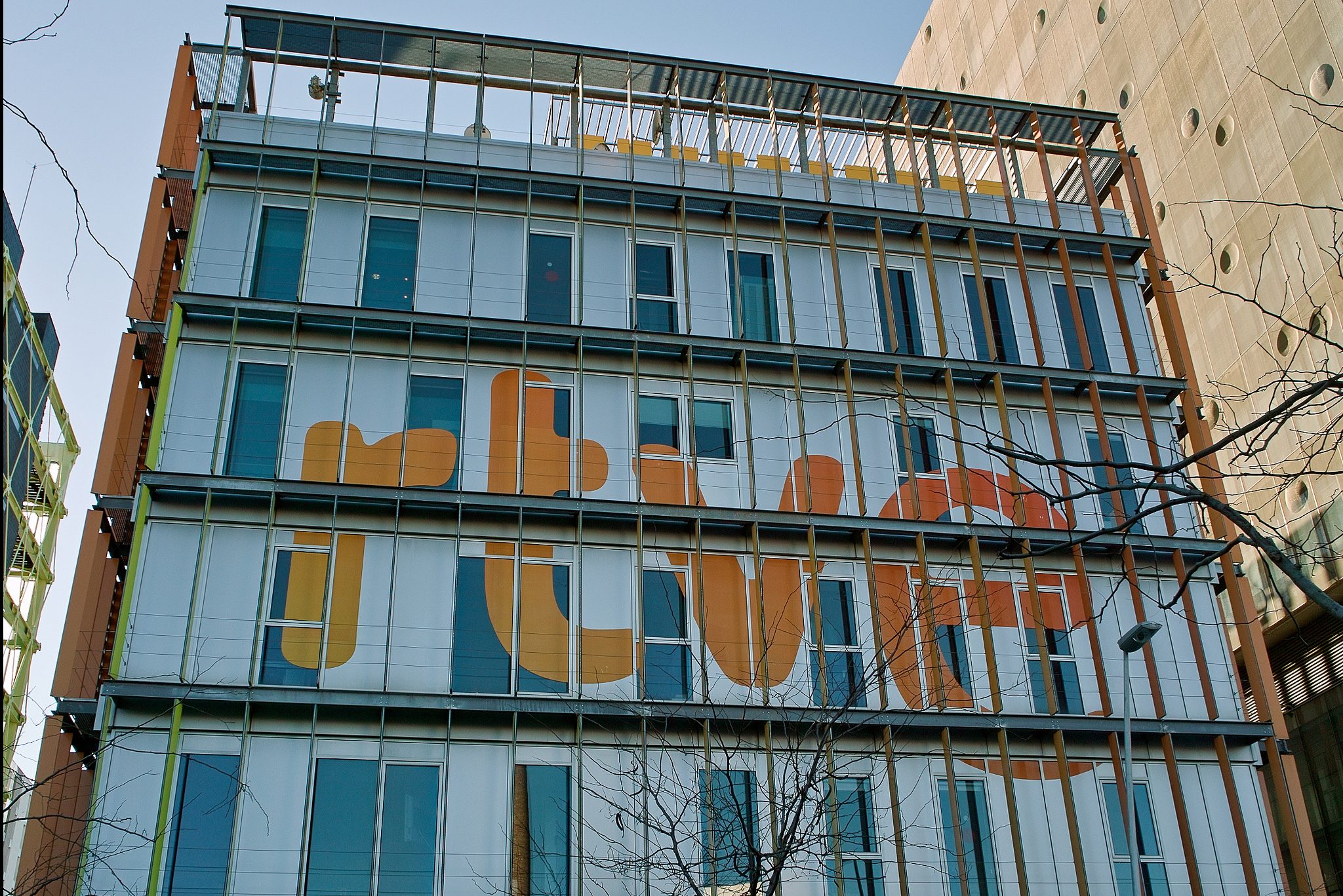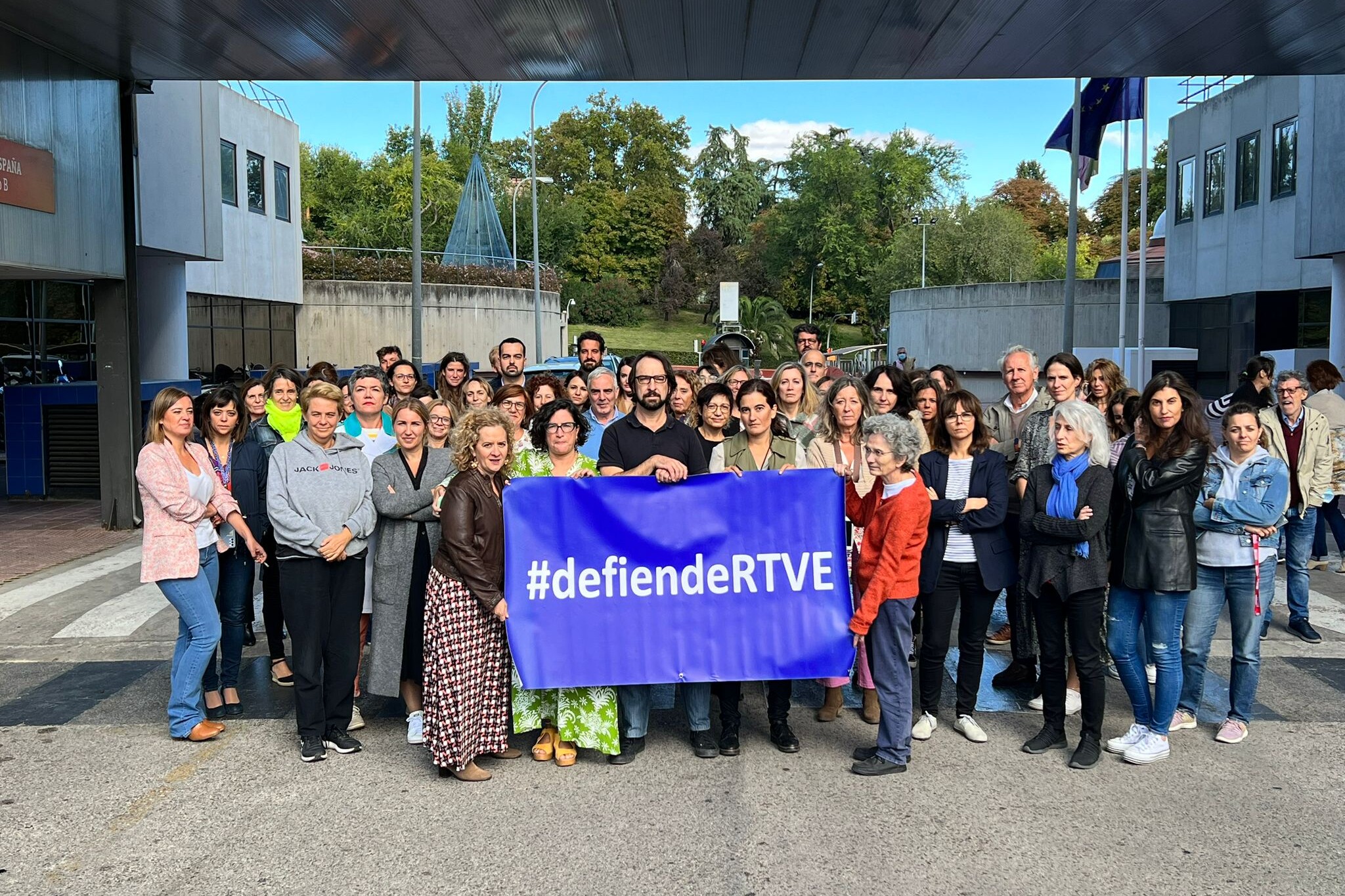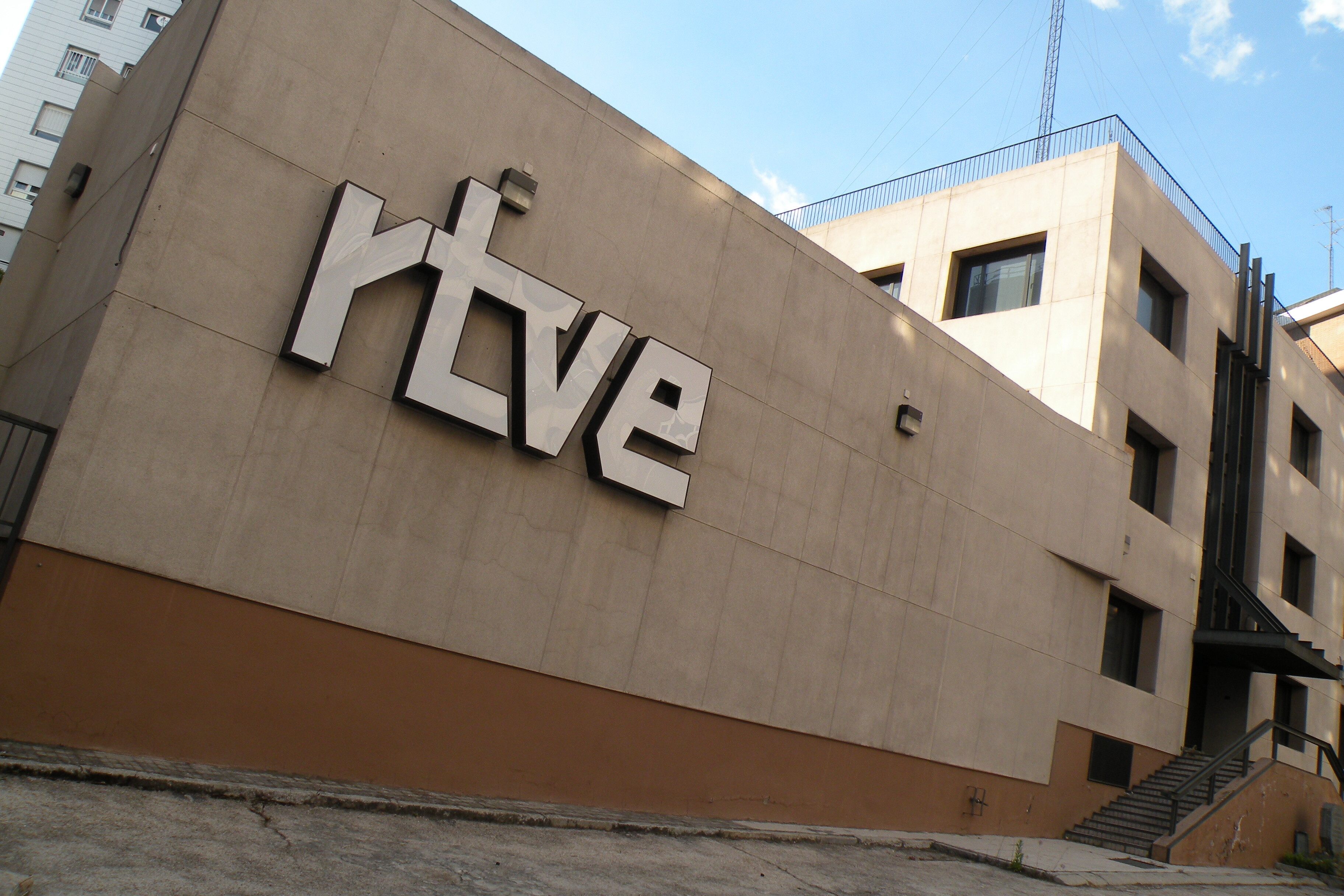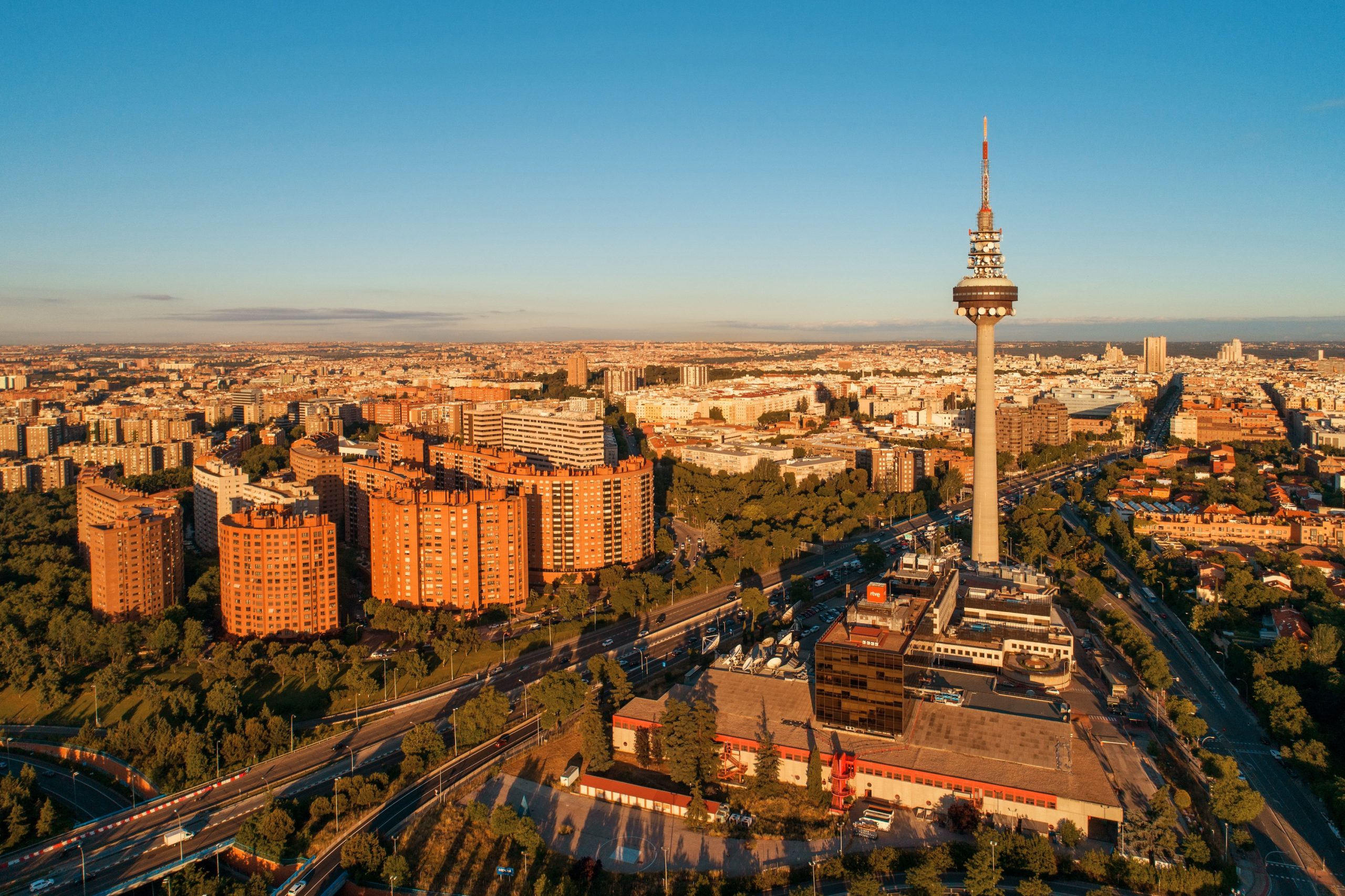Spain: With interim head in place, RTVE stands at a crossroads again
6th February 2023
The resignation of RTVE’s president – less than two years after he took office – means the public broadcaster is once again facing a management crisis, with the appointment of a new president by Parliament unlikely to take place until 2024.

Spanish public broadcaster Radio y Televisión Española (RTVE) is currently without a president.
Back in March 2021, José Manuel Pérez Tornero assumed the role of President of RTVE through Parliamentary appointment, taking on the position after the public broadcaster stood in limbo for three years without an installed president. But in September 2022, Mr. Tornero resigned following strong criticism from within the company on the grounds that his plan for RTVE is “not viable right now”. In the months preceding his resignation, his management had been challenged by the board of directors and the content and news divisions. As a result, several RTVE members of staff resigned or were dismissed, while the TV group increasingly attracted fewer viewers.
Notably, the RTVE Board of Directors under Mr. Tornero was also criticised for perceived political interference at the corporation. Critics have complained that the appointment of the Board of Directors was deeply politicised and they called for “collective political will” to restore the independence of RTVE. Mr. Tornero was replaced by Elena Sánchez, herself already a board member, by the Board. Ms. Sánchez was later granted executive powers by the government – powers that were previously not given to interim presidents. The government argued it was necessary to “guarantee the normal functioning” of the broadcaster.
Read more: “Our survival is at stake”: Staff at RTVE protest against political interference
But Ms. Sánchez’s appointment as interim president and the executive powers granted to her in the role have been fiercely contested and RTVE workers have now taken the matter to the Supreme Court.
In early January 2023, workers of the UGT, SI, and USO unions legally challenged Ms. Sánchez’s appointment as interim president, and also requested precautionary measures which sought to paralyse the executive powers granted to the interim president. The unions have not expressly criticised Ms. Sánchez’s professional abilities but rather the way she was appointed and granted powers.
However, the Supreme Court has struck down the requested precautionary measures, saying that removing Ms. Sánchez’s powers would be detrimental to the public broadcaster. The Court is yet to rule on the unions’ overall challenge which argued that the executive measure was illegal since it left the Congress of Deputies – the entity responsible for appointing RTVE’s president and council when there is a resignation – without a voice.
The unions have also filed another lawsuit to the commercial court of Madrid. The court will similarly judge the process used by the Executive to put Ms. Sánchez in charge of RTVE.
Meanwhile, The People’s Party (PP) last week called for the interim president to be blocked from adopting agreements on behalf of RTVE until the courts have passed their judgement. In a non-legal proposal, PP demanded that the Congress of Deputies urge RTVE to “refrain from adopting any agreement, resolution or the exercise of executive functions by its interim president”. The workers unions quickly supported PP’s demand, while the Mixed Commission for Parliamentary Control of the RTVE Corporation has agreed to debate the proposal.
Listen toour podcast
Uncovering and exploring the biggest
issues facing public media
Respecting the courts
For her part, Ms. Sánchez has said she will respect the courts’ decisions in the matter of her appointment. Speaking before the Mixed Commission on Parliamentary Control of the RTVE Corporation, she also called for consensus among the parliamentary groups to fill an existing vacancy on public broadcaster’s Board and elect the Corporation’s President. “The interim periods are not good, they generate instability, which greatly harms the management of an institution as complex and necessary as RTVE,” she said.
The interim president additionally identified the challenge of maintaining budget balance as a result of the recently approved Audiovisual Law, which has “modified our financing model”. She also highlighted her priority “to recover and increase the confidence of the audience”.
Meanwhile, Ms. Sánchez denied that the government’s presence in the news was “abusive” and said RTVE data confirmed this, while also denying that the newscasts ignored the opposition leader. “Assessing the initiatives and positions of parliamentary or government groups only with a stopwatch in hand falls a bit short as a method of analysis for a weighted information service, such as RTVE. Our professionals make a great effort so that plurality and proportionality prevail in the information,” she said.
Ms. Sánchez was also questioned whether the RTVE Board of Directors experienced political interference. “I can affirm that from the Moncloa palace, that is, the Government, has not given me and does not give me any indication and I am not aware that they have given them to the rest of the members of the Council,” she replied. She added that the Corporation only attends to indications from “its public service function for which it receives financial compensation and that are determined by law.”
RTVE faces a management crisis that comes on the heels of serious accusations of political interference, censorship, and instability. This situation is highly concerning and must be resolved soon. The Public Media Alliance has seen how its previous management crisis paralysed the corporation and exacerbated financial issues. It is therefore essential that the public broadcaster resolves its latest situation, whilst keeping editorial independence and accountability to the public at the forefront. We will continue to monitor and update on developments at RTVE.
Related Posts
6th October 2022
“Our survival is at stake”: Staff at RTVE protest against political interference
Staff at Spain's national broadcaster,…
1st April 2021
RTVE: Questions of independence remain despite new board
RTVE has installed a new board after…



